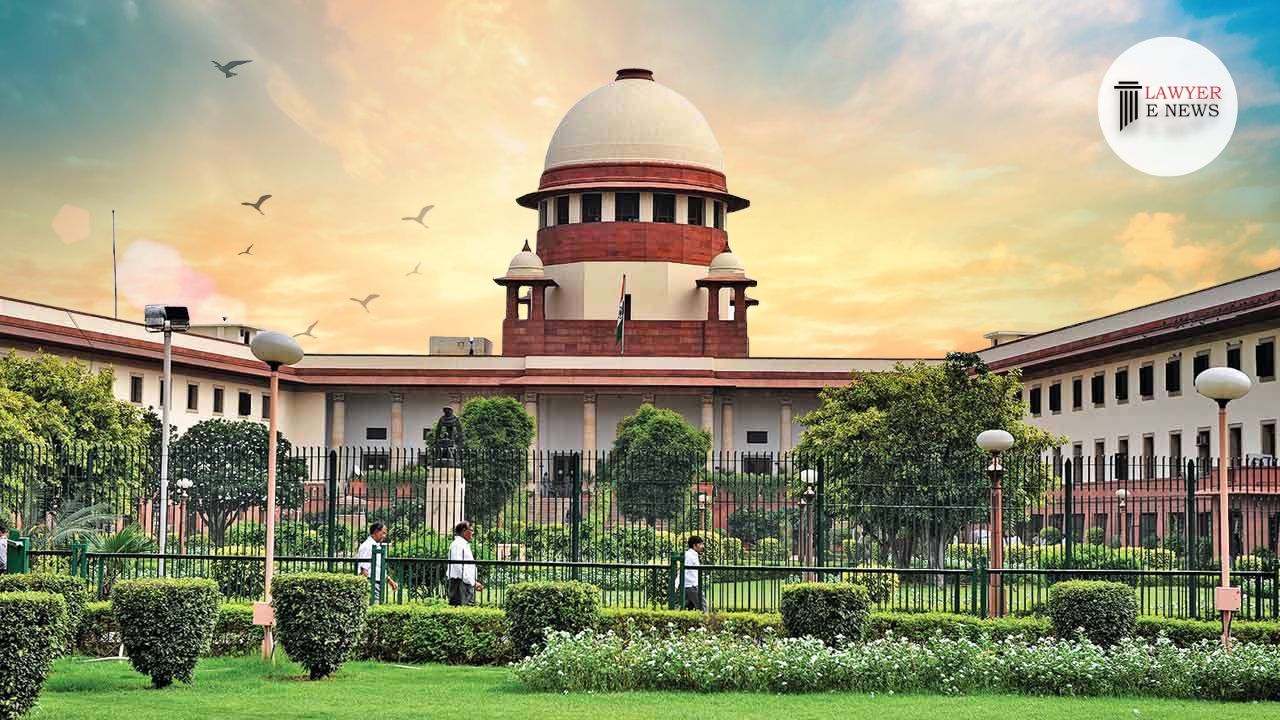-
by Admin
16 February 2026 10:43 AM



In a landmark judgment, the Supreme Court of India, led by Chief Justice Dr. Dhananjaya Y. Chandrachud, set aside two controversial orders of the Allahabad High Court regarding the notification of rules for post-retiral benefits for former judges of the High Court. The bench, including Justices J.B. Pardiwala and Manoj Misra, underscored the principles of separation of powers and judicial restraint.
The Apex Court's decision came in response to appeals challenging the High Court's orders, which directed the Uttar Pradesh government to notify rules proposed by the Chief Justice of the High Court under Article 229. The Supreme Court clarified, “The Chief Justice does not have the power, under Article 229, to make rules pertaining to the post-retiral benefits payable to former Chief Justices and judges of the High Court.”
In its detailed judgment, the Supreme Court elaborated on the separation of powers, stating, “The High Court, acting on the judicial side, cannot compel the executive to exercise its rule-making power in the manner directed by it.” This observation firmly placed the responsibility of policy and rule-making in the hands of the legislature and the executive, not the judiciary.
Further, the judgment critiqued the High Court's initiation of criminal contempt proceedings against Uttar Pradesh government officials for filing a recall application against the High Court's order. The Supreme Court noted, “The actions of the officials do not meet the standard of both ‘criminal contempt’ and ‘civil contempt’.”
A significant part of the judgment was devoted to the practice of summoning government officials to court. The Supreme Court outlined a Standard Operating Procedure to regulate such appearances, emphasizing restraint and proper procedure. “Courts must refrain from summoning officials as the first resort. While the actions and decisions of public officials are subject to judicial review, summoning officials frequently without just cause is not permissible,” the judgment read.
The judgment also set aside the practice of frequently summoning government officials under the threat of contempt, a move hailed by legal experts as a step towards respecting the autonomy of government functionaries.
Date of Decision: January 3, 2024
The State of Uttar Pradesh & Ors.VS Association of Retired Supreme Court and High Court Judges
